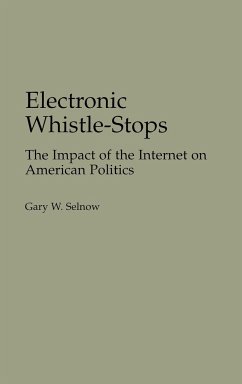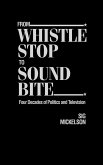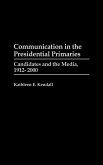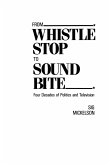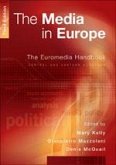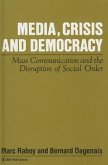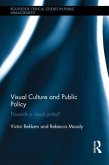Fifty years ago, the political whistle-stop tour was thus named because trains blew their whistles twice when making unscheduled stops in backwater towns. Like its distant cousin, the electronic whistle-stop brings the candidate's message directly to the people, but with one outstanding difference: the new whistle-stop offers politicians an accuracy, efficiency, and success at voter persuasian unimaginable to by earlier whistle-stoppers such as Harry Truman. As Selnow shows, American political campaigns have an extraordinary affinity for electronic devices. They have seized upon electronic bulletin boards, home pages, and electronic libraries. Since political campaigns are communication campaigns, Selnow concludes that candidates who successfully inform, persuade, enlighten, and even confuse voters will win votes. Selnow also examines the debate between those who argue that new technologies have improved efficiency and those who believe that the innovations have affected society in other ways. Scholars and students of American political communication must read this book; the lively style will also make it exciting reading for anyone interested in this new political tool.
Hinweis: Dieser Artikel kann nur an eine deutsche Lieferadresse ausgeliefert werden.
Hinweis: Dieser Artikel kann nur an eine deutsche Lieferadresse ausgeliefert werden.

